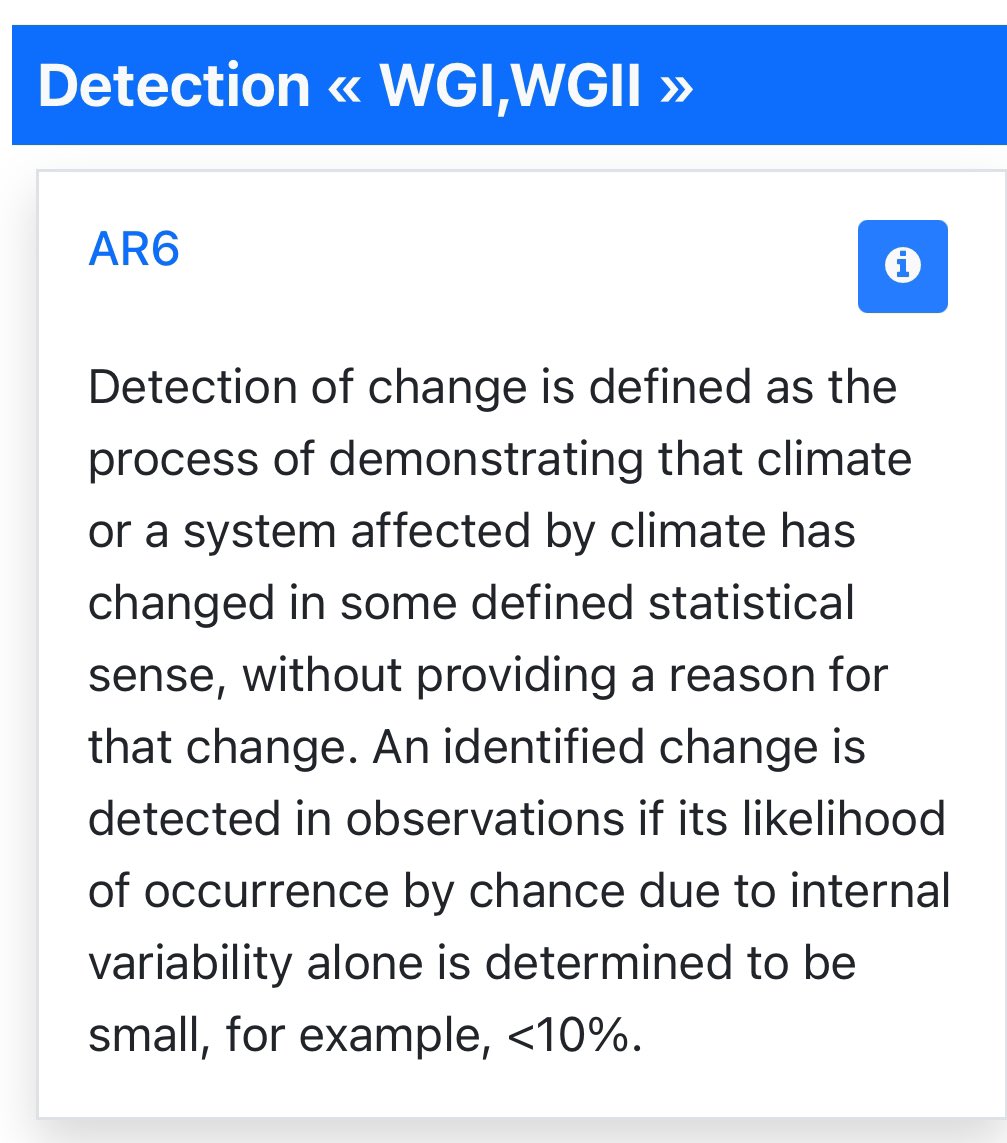🧵
@ISSUESinST several climate scientists & Marcia McNutt (@theNASEM pres) respond to @jritch & my recent article on misuse of climate scenarios, offering a unified defense of RCP8.5
I encourage you to read their responses in full:
issues.org/climate-scenar…
My comments follow...
@ISSUESinST several climate scientists & Marcia McNutt (@theNASEM pres) respond to @jritch & my recent article on misuse of climate scenarios, offering a unified defense of RCP8.5
I encourage you to read their responses in full:
issues.org/climate-scenar…
My comments follow...
Chris Field & Marcia McNutt offer three points
First they defend RCP8.5 as "business as usual" stating that characterization "remains 100% accurate"
What to say? That's just wrong.
RCP8.5 depends on the building of >33,000 new coal plants by 2100, on top of current ~6,000
🤷♂️
First they defend RCP8.5 as "business as usual" stating that characterization "remains 100% accurate"
What to say? That's just wrong.
RCP8.5 depends on the building of >33,000 new coal plants by 2100, on top of current ~6,000
🤷♂️

Second, they appear to contradict themselves by stating that RCP8.5 was in fact "until recently" properly viewed as a plausible or even likely future
Again, this is objectively false
The world has never been on track for ~40,000 coal plants by 2100
Again, this is objectively false
The world has never been on track for ~40,000 coal plants by 2100

Third, they also argue that the reality of RCP8.5 convinced the world to move away from it
RCP8.5 was never evaluated for its plausibility when created or used in many thousands of research papers, as we document
They claim its recognized failures now demonstrate its accuracy
RCP8.5 was never evaluated for its plausibility when created or used in many thousands of research papers, as we document
They claim its recognized failures now demonstrate its accuracy

Climate scientist @DrKateMarvel offers a different critique & in the process disagrees with Field/McNutt
She says RCP8.5 is not properly referred to as "business as usual"
Right, I had thought we were past this bit of semantics
She says RCP8.5 is not properly referred to as "business as usual"
Right, I had thought we were past this bit of semantics

Marvel states accurately that "even an unrealistic scenario can yield interesting science if used appropriately" (L)
Indeed, this is a puzzling critique because we make exactly the same point (R)
An issue she ignores is that much use RCP8.5 is inappropriate

Indeed, this is a puzzling critique because we make exactly the same point (R)
An issue she ignores is that much use RCP8.5 is inappropriate


Marvel ends on a political note warning that criticism of climate science aids the bad guys
Not sure the point of this - should we not be researching how scenarios are used and, yes, misused?
Not sure the point of this - should we not be researching how scenarios are used and, yes, misused?

In a 3rd response NASA scientist @ClimateOfGavin & NASA strategic science advisor Peter Jacobs agree with much
They repeat a number of points we make about why climate scientists use extreme scenarios (e.g., to distinguish signal from noise in model runs)
They also agree on BAU
They repeat a number of points we make about why climate scientists use extreme scenarios (e.g., to distinguish signal from noise in model runs)
They also agree on BAU

They blame the economic and energy modelers for being slow and unfunded, and that explains why the climate modelers have had to rely on implausible, dated scenarios
We suggest some other reasons, but at least we agree that scenarios are out-of-date
We suggest some other reasons, but at least we agree that scenarios are out-of-date

They also agree with us on a need to improve scenarios
Obviously if the "scientific community is already responding" then there must be an issue for them to be responding to, right?
They also highlight the new fad toward "scenario-free" climate research (a bad idea IMO)
Obviously if the "scientific community is already responding" then there must be an issue for them to be responding to, right?
They also highlight the new fad toward "scenario-free" climate research (a bad idea IMO)

After all those points of agreement (I actually missed any disagreement) they call our work "pointless and misleading"
😎
😎

In sum:
1. RCP8.5 as BAU is entirely appropriate
2. RCP as BAU is incorrect but there are some scientific reasons for its use
3. RCP8.5 is dated, but the community is fixing it
Take your pick
We appreciate the comments!
Read our piece here:
issues.org/climate-change…
1. RCP8.5 as BAU is entirely appropriate
2. RCP as BAU is incorrect but there are some scientific reasons for its use
3. RCP8.5 is dated, but the community is fixing it
Take your pick
We appreciate the comments!
Read our piece here:
issues.org/climate-change…
• • •
Missing some Tweet in this thread? You can try to
force a refresh
















